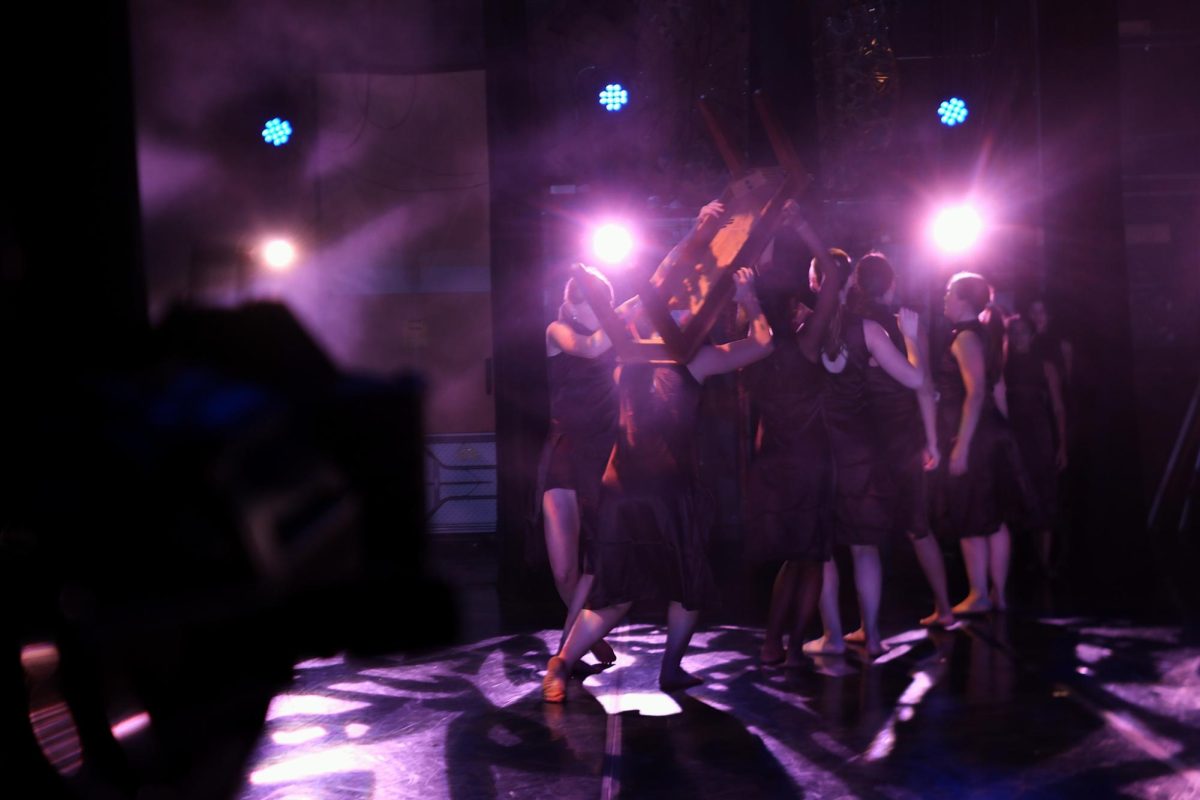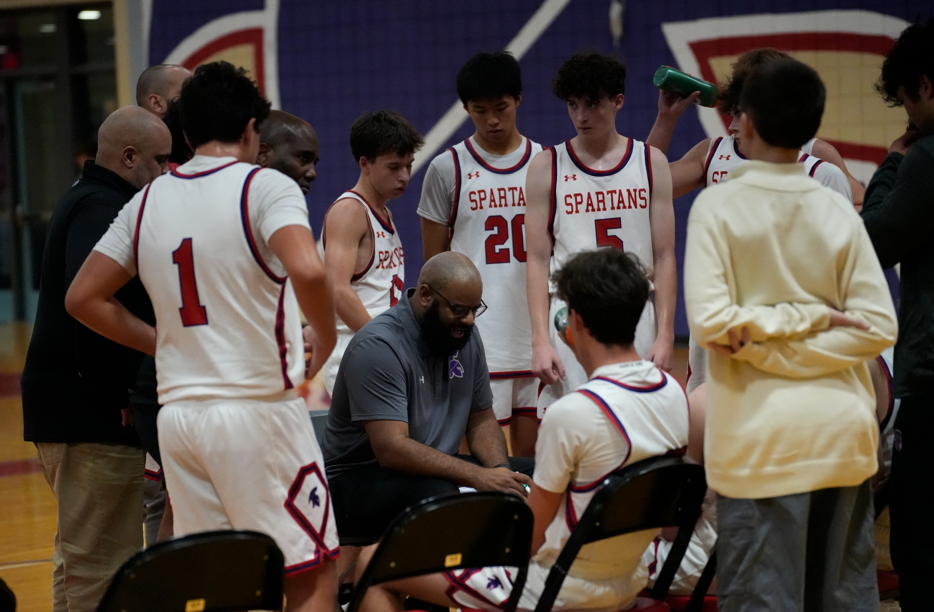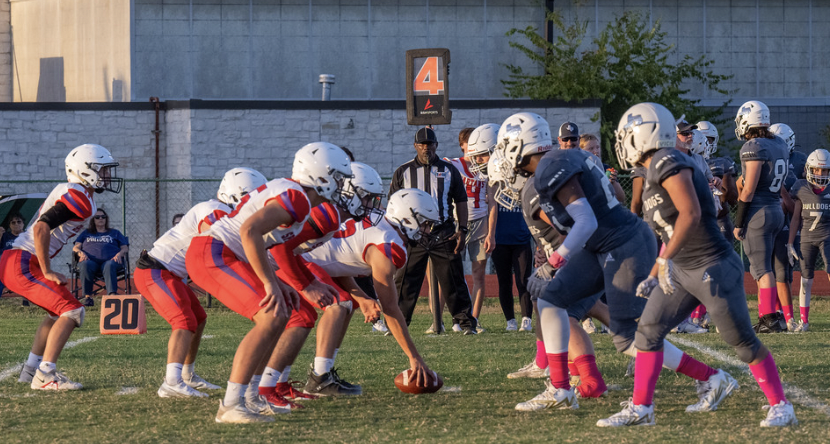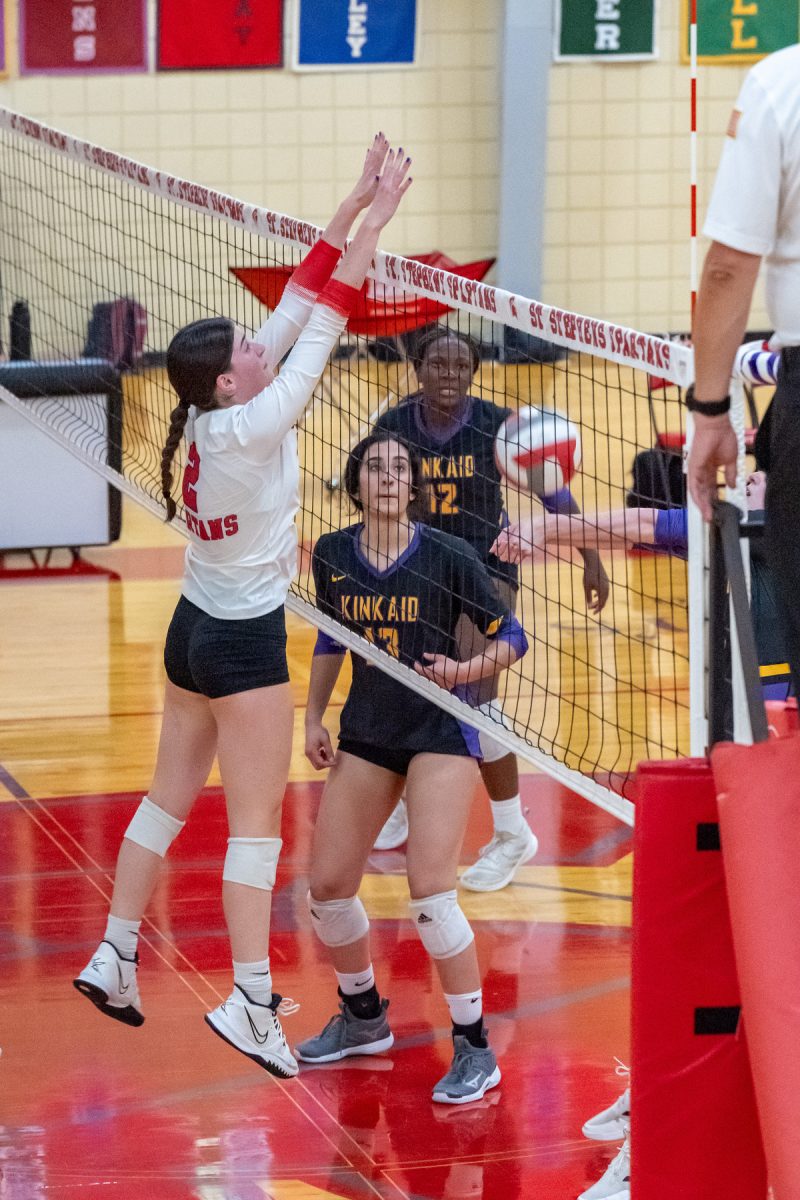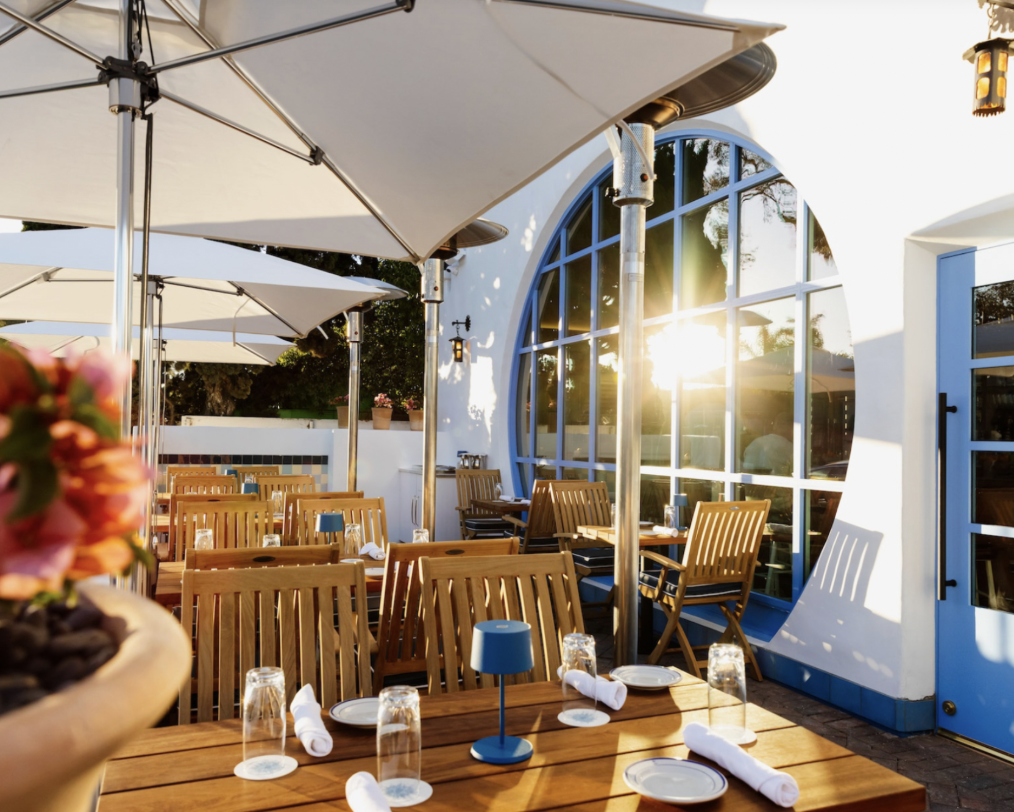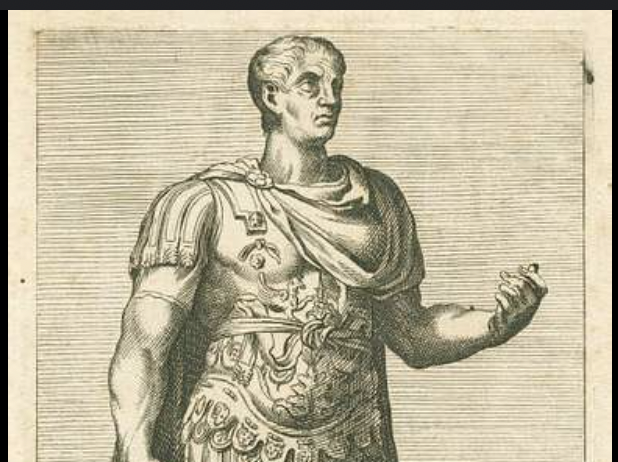According to the Ancient Language Institute, Latin is truly the world’s “most alive dead language.” Over my five years of studying under our Classics department, I’ve learned just how true this is. Now that two new Latin teachers are revitalizing the program, it’s the perfect time to introduce our Classics department and explain the structure, benefits, and fun of Latin at St. Stephen’s.
Dr. Clark and Mr. Yates both work throughout middle and high school to help students learn Latin and translate its texts, study ancient mythology and values, and learn new aspects of ancient history. Mr. Yates handles many of our middle school classes and teaches our oldest students in Latin V and VI. With all of his students, he focuses on reading, culture, and history with less emphasis on memorizing grammar and vocabulary. In a recent interview, he explained that “the theory we use for teaching is called comprehensible input, where you don’t focus on grammar as fully but you acquire it through reading and speaking. We learn the language, and we use grammar to put a name to a face.” With these priorities, Latin sets itself apart as a great fit for students looking for a deeper connection to history and literary analysis. Dr. Clark, who I have been lucky to have as my own teacher, brings a similar focus to her courses. She also began teaching this year after being drawn to the “academic success” of St. Stephen’s, where her own mother-in-law had been a boarding student in the sixties. Her classes, she explains, are “more like a college type course with students who are able to engage thoughtfully and critically.”
Both teachers have unique plans for projects and coursework, which they were happy to share when interviewed. “I focus on project-based learning, like debates on the best emperor, and have students write their own latin poems and commentaries; I prioritize creative learning,” Dr. Yates shared. This sense of innovation keeps the Classics Department alive, as it revitalizes the ancient material for our ever-modern students. What drew me into the language, however, wasn’t necessarily the model of teaching or the linguistic structure; it was the realities of Roman history, language, and culture that captivate far more students.
One of the leaders of the St. Stephen’s Classic’s Club, eleventh grader Edison Leigh, can attest to this pull. “I don’t just get to learn about language, but about an entire culture and people who continue to influence us fifteen hundred years after they were destroyed,” he explains with gusto. Since the majority of students, myself included, favor Latin because of its role as both a history and cultural class, it’s a relief to many that our new teachers are both experts on and enthusiasts about those very topics.
“I like to say that the Romans and the Greeks are good to think with, and they are a really great mirror; they’re recognizable and yet there is so much distance with the time. They still have a very human experience, but the weirder aspects can help us think about our own society and culture in a different way,” Dr. Clark explains. And Mr. Yates argues that “often when kids take a language in high school, they forget it,” but with Latin “it can be memorable, and fun, and I want students to look back and say ‘I enjoyed that,’ and not ‘I sure did fulfill that credit.’” This sentiment captures the true essence of Classics at St. Stephen’s, which is that, at its core, the classes are fun.
“I look forward to Latin class everyday,” Athena Eugene said, “because the environment is so much looser than in most of our classes and the material is designed to be interesting, with classes small enough that you become friends with everyone.”
Beyond being captivating and fun for many students, taking Latin courses also promises benefits that make it just as worthwhile as any modern language. Both of our new teachers testified to the use of Latin, which gives us sixty percent of all English words, and helps with law school courses, medical programs, and standardized testing. Mr. Yates also knows firsthand that “learning a language is one of the hardest things you can do, and it fundamentally reshapes your brain. This happens with all our languages, but with Latin, because our focus is less conversational, it forces you to think about language in a different way.” Along with the bonuses that come with the structure of the language, the more focused study of history, myth, and culture can stand to teach students even more about modern society, world history, and religion.
And Latin, which may seem infamously stuffy to some, takes on new perspectives that push students’ understanding even further. “I get to teach the incredible diversity and the wide ranges of experience in the ancient world, which can be a challenge because the vast majority of our texts come from the very elite, very educated, very top of society’s perspective,” Dr. Clark explains, “but there’s so much more that we can access now, whether that’s looking at inscriptions or archeological evidence, or just thinking about stories in texts that we do have in a different way.” While an archeological expedition is yet to come for St. Stephen’s students, we engage daily in critical discussion covering the realities of every classical figure, from the writers of our epics to the servants briefly featured in them.
A University of Texas Classics professor, the one and only Dr. Deborah Beck, also knows just how much these courses can benefit students in their college years and beyond. Firstly, the rigor of St. Stephen’s classes prevents continuing students from “get[ting] to college and struggling to read Latin at the level we expect.” Dr. Beck also explained how certain stories and characters, like the tale of Achilles and Priam from the Iliad, have a place in her heart and taught her valuable lessons. Her own high school Latin classes also had “a really strong group spirit” where she was able to “learn a language I really enjoyed” and make “lifelong friends.” In the same way that the professor and our own teachers see the value in the language, our students on the Hill have taken to Latin with the same enthusiasm. All of this to say, our new Classics Department offers a unique perspective, fun and fascinating material, and lifelong benefits to students, and it may be the perfect choice for your next elective.

